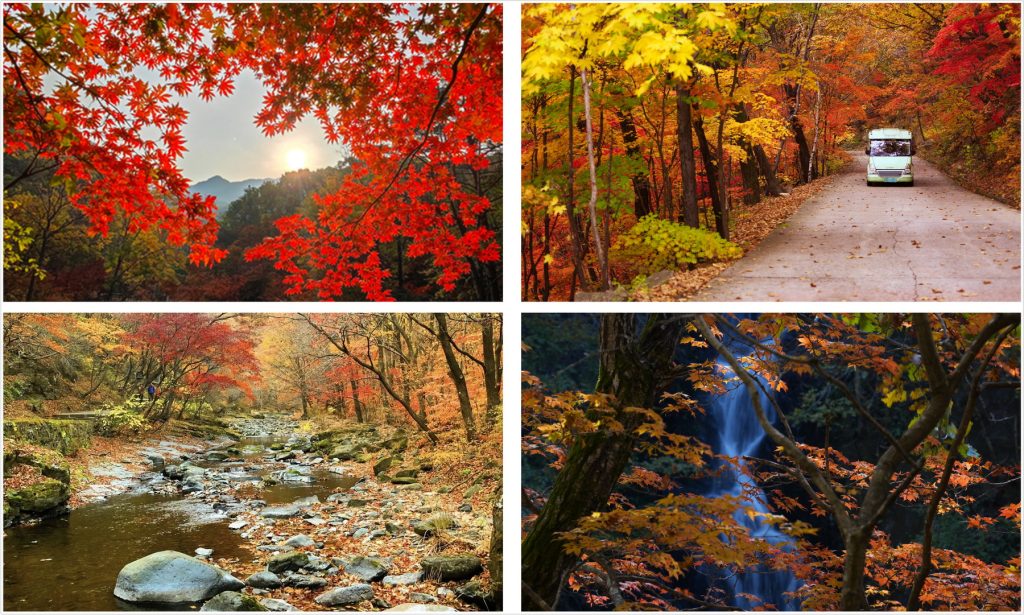Benxi City, Known as the “City of Maple Leaf in China”, Ushered in the Best Period for Appreciating “Maple Leaves”
BENXI, ChinaBENXI, China, Oct. 16, 2024 /Xinhua-AsiaNet/–
Recently, the 18th Benxi (International) Maple Leaf Festival officially kicked off, marking the advent of the best period for appreciating maple leaves. Every autumn, a visit to Benxi City in northeastern China to appreciate maple leaves has become a must for many tourists.
In order to facilitate tourists to enjoy maple leaves, the Benxi Municipal Bureau of Culture, Tourism, Radio and Television will classify the “Maple Leave Redness Index” into three levels according to the geographical location, environmental and climatic conditions of each major maple leaf distribution area in the region, as well as the degree of leaf discoloration. “Level III maple leave redness index” means that the color change rate of maple leaves is between 60%~95% and maple leave are bright red, presenting best view for visitors. Relevant data show that the 10 major scenic spots in Benxi, such as Guanmen Mountain National Forest Park, Maple Valley Forest Park, Laobiangou Scenic Area, and Taishi Lake Scenic Area, have reached the “Level III Maple Leave Redness Index”. At present, Benxi City, the City of Maple Leaf, is welcoming tourists at home and abroad with open arms.

Benxi City, known as the “City of Maple Leaf in China”, ushered in the best period for appreciating “maple leaves”.
Benxi, abundant in ecological resources such as mountains, lakes, forests, springs and caves, has increasingly become a veritable ecological oasis and leisure destination in recent years. With ample forest resources, the Guanmen Mountain, Wunv Mountain (Mountain of Five Women), Laobiangou and other ecological tourist areas in Benxi become fiery red in autumn, attracting many tourists from all over the country and even overseas tourists. Maple leaves in autumn has become the city card of Benxi, and maple leaf culture has become an indispensable and important component of Benxi’s progress in ecological culture .
